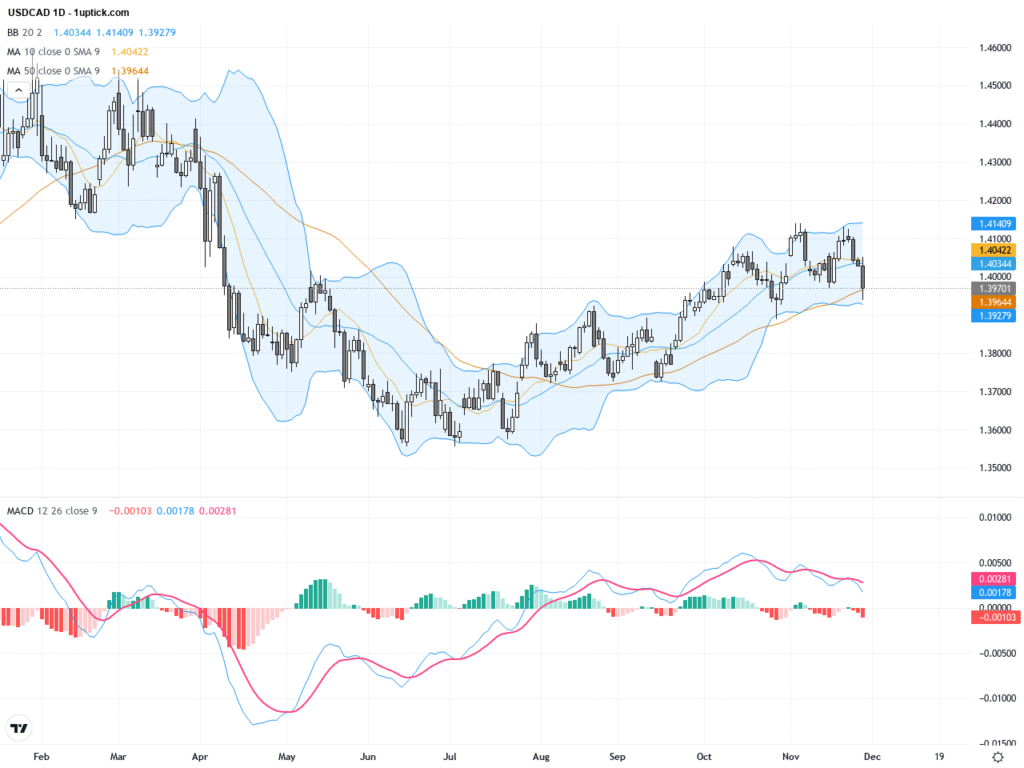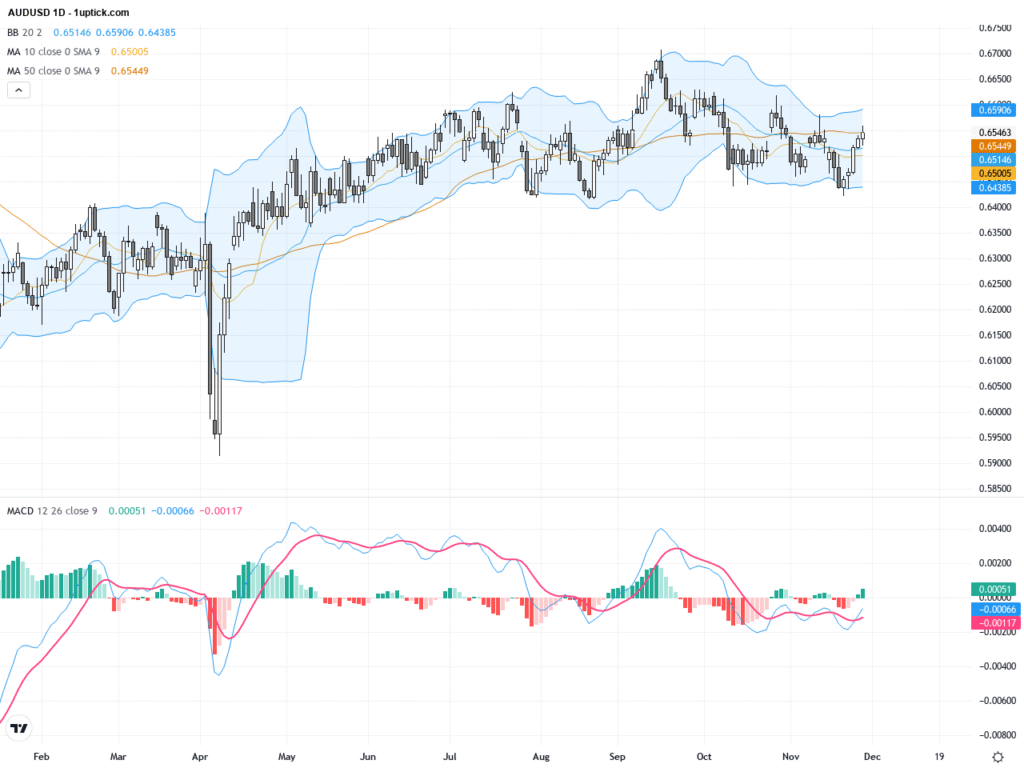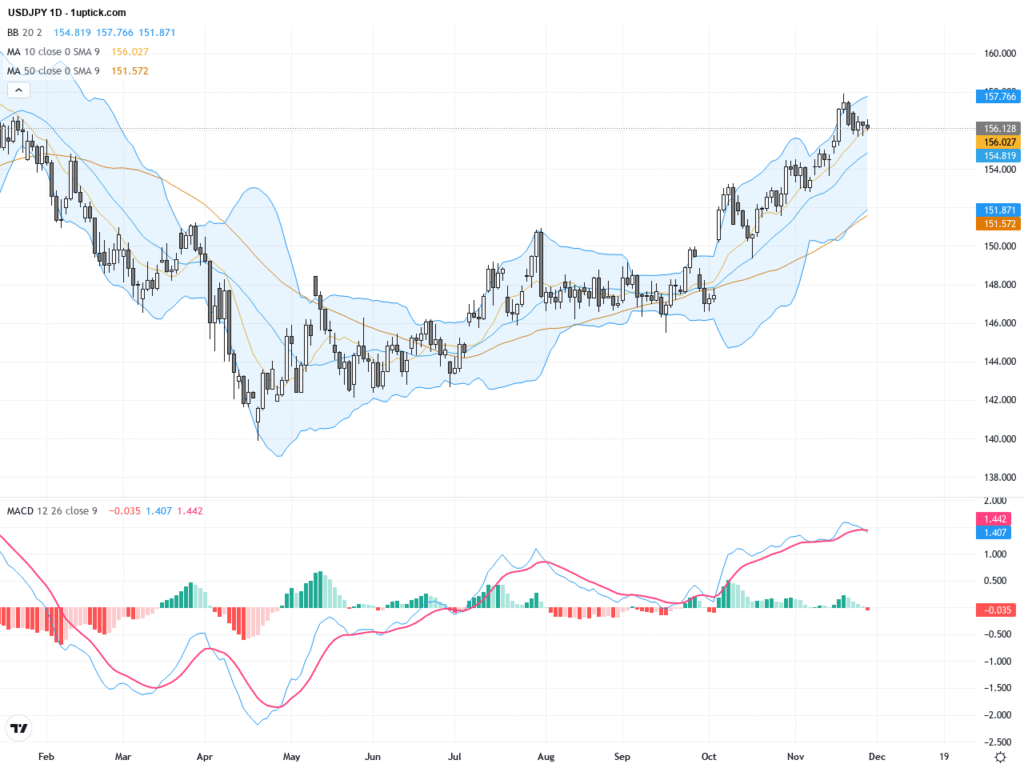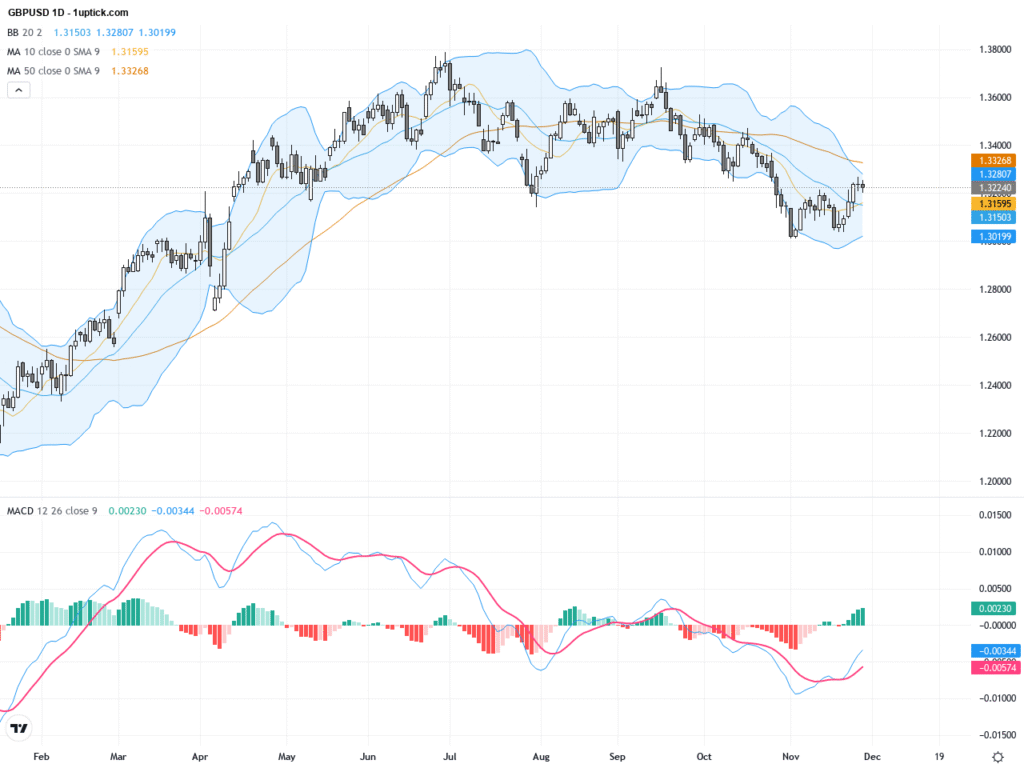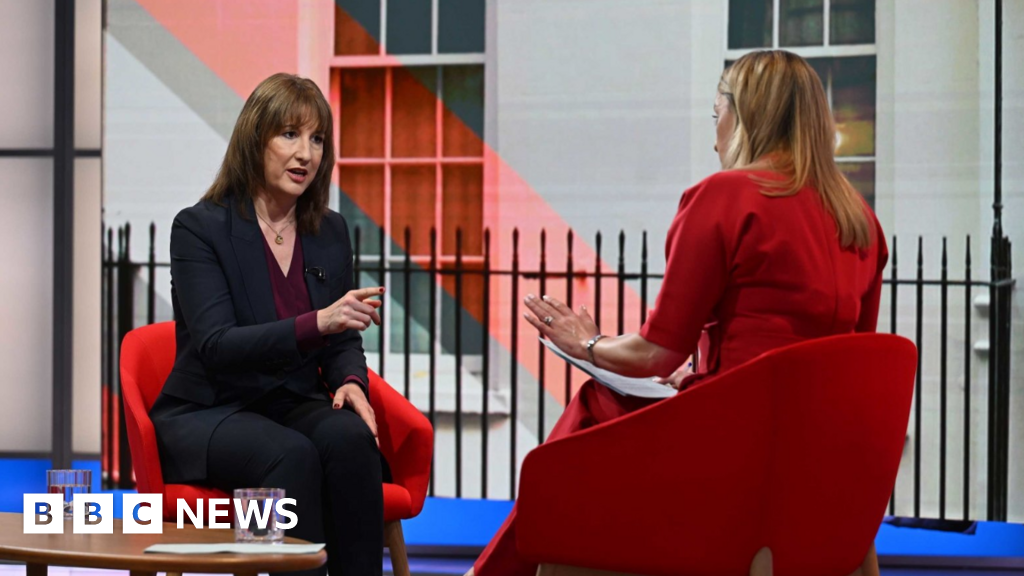 |
| Gold V.1.3.1 signal Telegram Channel (English) |
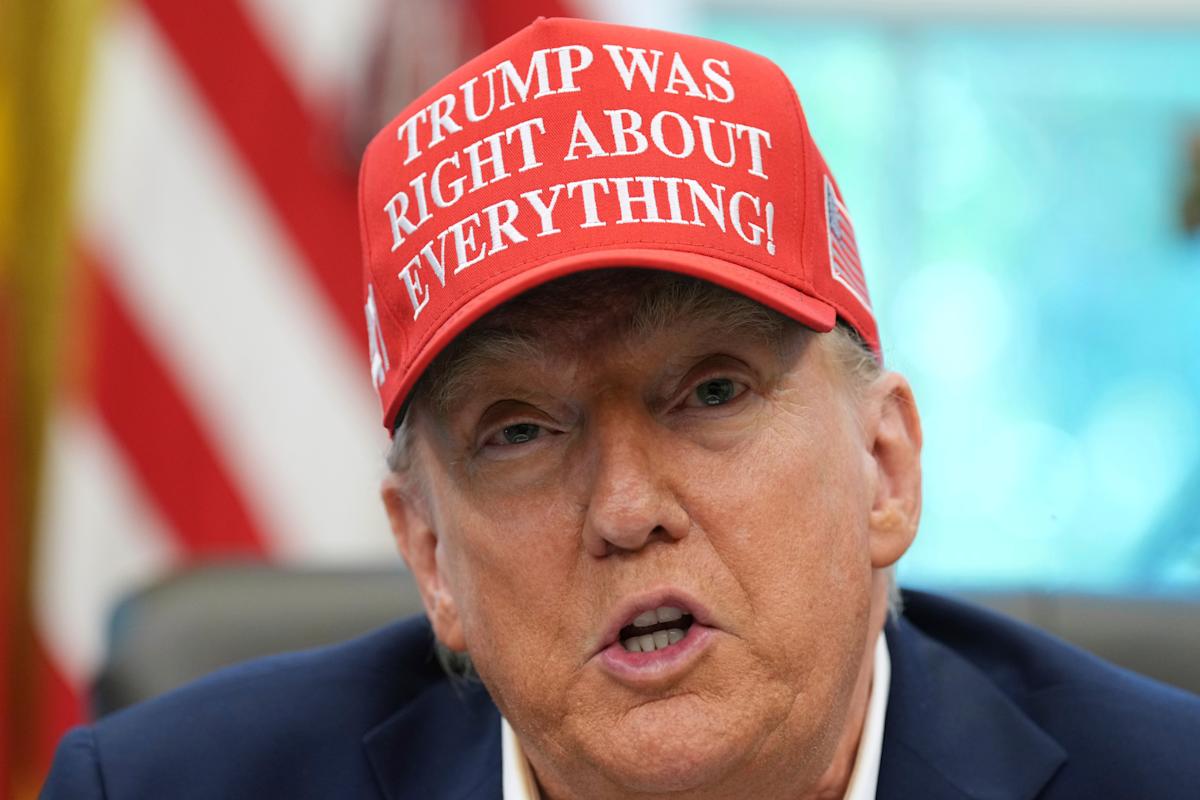
TikTok’s Legal Battle in the U.S.: Delays, National Security Concerns, and Executive Power Struggles Ahead of the 2025 Ban Deadline
2025-08-23 @ 18:00
In recent months, the ongoing saga over TikTok’s future in the United States has captivated Washington and Silicon Valley alike, generating uncertainty for millions of American users and investors. Despite a sweeping law mandating that ByteDance, TikTok’s Chinese parent company, divest its interests in the U.S. version of the app or face a nationwide ban, enforcement of this law has been uncharacteristically delayed, sparking debate over the power dynamics between Congress, the judiciary, and the executive branch.
The political story began in April 2024, when Congress passed the “Protecting Americans from Foreign Adversary Controlled Applications Act” (PAFACAA). The law, signed by President Biden, sought to mitigate perceived national security risks by giving ByteDance an ultimatum: divest its TikTok holdings by January 19, 2025, or see the app banned from U.S. app stores and cloud providers. Consequences to companies violating this law were severe—civil penalties reaching $5,000 per American TikTok user, potentially totaling hundreds of billions of dollars.
The legal battle escalated when ByteDance challenged the legislation, citing First Amendment grounds. However, in January 2025, the U.S. Supreme Court upheld the law. As the divestment deadline approached, TikTok briefly suspended its U.S. services. Yet, this standoff quickly shifted on the eve of President-elect Donald Trump’s inauguration. Trump signaled an intent to grant TikTok a reprieve, and in one of his early acts in office, issued an executive order pausing enforcement of the ban for 75 days while negotiations over a U.S.-led sale continued.
What followed was a series of extensions. Each time the deadline loomed—first in April, then in June, and most recently, until mid-September—the Trump administration pushed it even further, citing the hope for a negotiated sale that would keep the platform running for American users. This approach, whether motivated by commercial pragmatism, geopolitical considerations, or political optics, has left the fate of TikTok in legal limbo.
This continued delay has not gone unnoticed by lawmakers and legal analysts. The law’s postponed enforcement, they argue, raises profound questions about the separation of powers and the effectiveness of Congressional authority. The Act did permit a single extension under the condition that a clear path to divestment was established. However, the repeated use of executive orders to postpone enforcement has exceeded those statutory guidelines. Critics argue that this move effectively undermines the law’s intent and sets a precedent for executive overreach—where the White House can sidestep or even nullify established legislation simply by declining to act.
From a business perspective, the uncertainty is just as disruptive. Companies such as Apple and Google, which distribute TikTok through their app stores, and the cloud providers who host its data, face the risk of steep fines should the law suddenly be enforced. For TikTok’s U.S. user base—reportedly over 170 million people—the continued uncertainty has fueled anxiety over whether their favorite app might soon disappear.
Meanwhile, the debate over TikTok’s potential national security risks remains heated. Congressional proponents of the ban argue that Chinese ownership of such a large social media platform could result in the transfer of sensitive American user data to the Chinese government or facilitate foreign influence operations. TikTok, for its part, has repeatedly denied sharing data with Chinese authorities.
Further complicating the situation, the White House itself joined TikTok in August 2025, less than a month before the most recent ban deadline. Administration officials have emphasized they would prefer to see TikTok sold rather than banned outright. However, unless ByteDance agrees to sell its U.S. operations to an American entity, the threat of an eventual ban—and the potential loss of a valuable consumer platform—remains.
For financial analysts and investors, TikTok’s situation is emblematic of the new complexities in global tech governance. On one hand, the app is a cultural juggernaut that commands loyalty from consumers and generates billions in economic activity. On the other, it is a political flashpoint: a test case for how Washington manages the intersection of national security concerns, corporate interests, and the evolving landscape of executive authority.
Whether a long-term solution emerges—a forced sale to U.S. owners, permanent ban, or creative legal settlement—TikTok’s journey serves as a reminder that digital platforms can swiftly become arenas for statecraft and power struggles, not just sources of entertainment and profit. For now, all eyes remain on the September deadline and the fine balance of power between Congress, the courts, and the executive. The outcome could reverberate well beyond TikTok, setting precedents for how America governs foreign-owned technology in the years to come.


